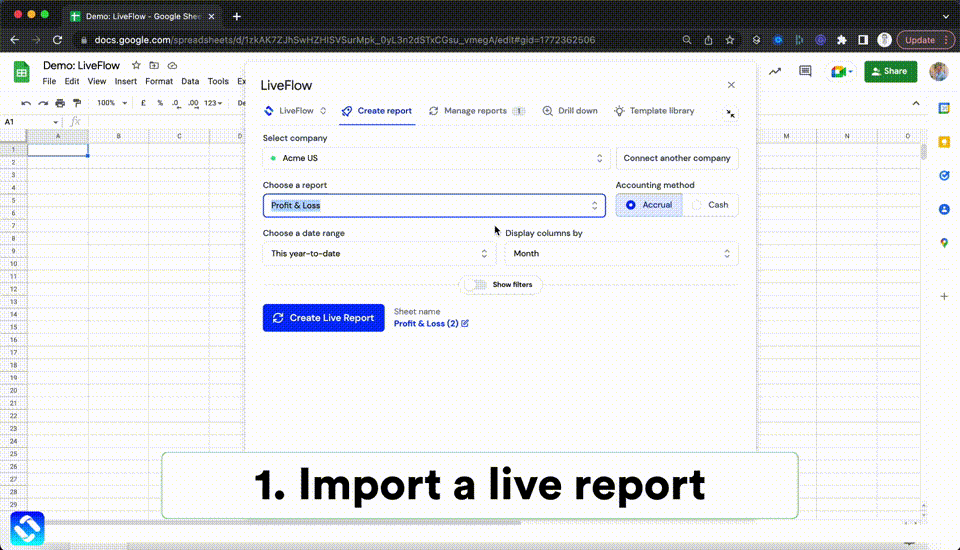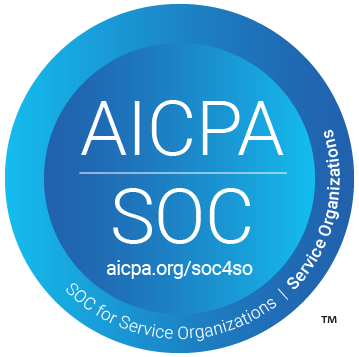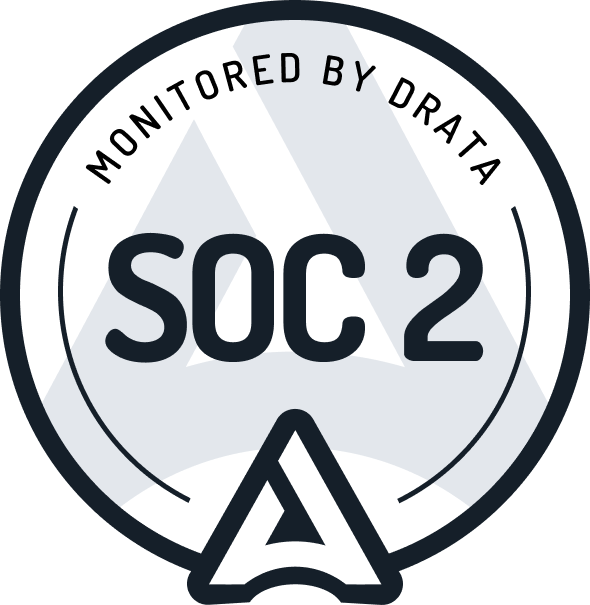If you are a business owner, then you have likely heard the term "management accounting." But what does it mean?
The role of management accounting in business is to help managers make decisions about the future of their business. It includes financial information that is not reported in the company's financial statements.
This can include data on production costs, pricing strategies, and forecasts for future sales. In this blog post, we will discuss the definition of management accountant and the different types of information that they use to help businesses make decisions.
What is management in accounting
A good managerial accounting definition is that it’s the process of identifying, measuring, analyzing, interpreting, and communicating financial information that’s used by management to make decisions within their organization.
This means looking beyond the numbers in a financial statement to help managers see where the company is today and where it could be in the future. It’s important to use this type of accounting information to make informed decisions about things such as pricing, product mix, inventory levels, and
The role of management accounting in the organization
The role of management accounting in business is to support decision-making by providing quantitative information. This information can be used in financial planning and budgeting, setting prices, evaluating investment projects, and more.
To do this, management accountants use tools and techniques such as financial modeling, cost-benefit analysis, and activity-based costing. They also develop KPIs (key performance indicators) and dashboards to help managers track progress and make informed decisions.
The goal of management accounting is to improve the financial performance of the organization. This can be done by reducing costs, increasing revenues, or both. For example, a company might use management accounting to find ways to reduce its production costs so that it can sell its products at a lower price and still make a profit.
Management accounting is an important tool for all businesses, but it is especially useful for small businesses. This is because small businesses often have limited resources and need to be very efficient in order to survive and grow.
What are the benefits of managerial accounting?
There are a range of benefits to the use of management accounting, including:
● Improved decision-making - Management accounting provides business owners with accurate and up-to-date information about their businesses. This allows them to make informed decisions about where to allocate their resources.
● Improved financial control - Management accounting can help business owners to keep track of their finances and ensure that they are using their resources in the most effective way possible.
● Increased profits - By making better decisions and controlling their finances more effectively, businesses can increase their profits.
● Improved cash flow - By managing their finances more efficiently, businesses can improve their cash flow and reduce the risk of financial problems.
● Reduced costs - Businesses that use management accounting can save money by reducing their costs and improving their efficiency.
● Improved decision-making - Management accounting provides business owners with the information they need to make better decisions about their businesses. This can lead to improved profitability and growth.
If you are a business owner, it is important to understand the basics of management accounting so that you can make informed decisions about how to best use your resources.
Types of management accounting
There are many types of management accounting information that businesses can use. Some common examples include:
Cost information - This includes both the direct costs associated with producing a product or service as well as the indirect costs of running the business. This information can be used to help businesses make decisions about where to allocate their resources in order to minimize costs and maximize profits.
Budgetary information - This includes both the revenue and expenditure budgets for a business. This information can be used to help businesses track their progress towards their financial goals and make necessary adjustments to their spending in order to stay on track.
Financial statement analysis - This involves analyzing a company's financial statements in order to identify areas of strengths and weaknesses. This information can be used to help businesses make decisions about how to improve their financial performance.
Activity-based costing - This is a methodology that assigns costs to activities rather than products or services. This information can be used to help businesses better understand the cost of their operations and make decisions about how to improve efficiency.
Budgeting and forecasting - This involves creating budget plans for a business and using historical data to predict future financial performance. This information can be used to help businesses make informed decisions about their future spending.
Financial information - This includes things like balance sheets, income statements, and cash flow statements. This information can be used to help businesses make decisions about how to best use their financial resources.
Benchmarking data - This compares a business's performance against other similar businesses in the same industry. This information can be used to help businesses identify areas where they need to improve in order to compete effectively.
By making use of the different types of information available through management accounting, businesses can make sound decisions that will help them grow and succeed.
An example of managerial accounting
To help illustrate what management accounting is and how it can be used, let's take a look at an example.
Imagine you own a small retail business. You've been in operation for several years, and things are going well. Your sales have been steadily increasing each year, and you now have a healthy profit margin.
You're thinking about expanding your business by opening a second location. But before you do, you need to carefully consider the costs associated with this expansion.
This is where management accounting comes in.
By looking at things like your sales history, projected future sales, and the costs of opening a new store, you can make an informed decision about whether or not expanding your business is the right move.
Management accounting is a vital tool for any business owner who wants to make smart, informed decisions about the future of their business.
The bottom line
Management accounting is an important tool that all businesses should use in order to make informed decisions about how to best run their operations.
By understanding your sales history, projected future sales, and the costs associated with expansion, you can make sound decisions about whether or not to grow your business.
With this information at your disposal, you can be sure that you are making the best choices for the future of your company.
How LiveFlow can help
LiveFlow allows business owners and accountants to eliminate manual data entry and create informative and customized dashboards with live QuickBooks data. This gives you the ability to see your business's financial performance at a glance and track progress over time.
Additionally, you can use LiveFlow to generate reports that show where your company is spending money and identify areas of potential cost savings. If you are not using management accounting in your business, it is time to start. LiveFlow makes it easy to get started and can help you save time and money.
If you'd like more information about how LiveFlow can help you, schedule a demo with us today.




.png)





